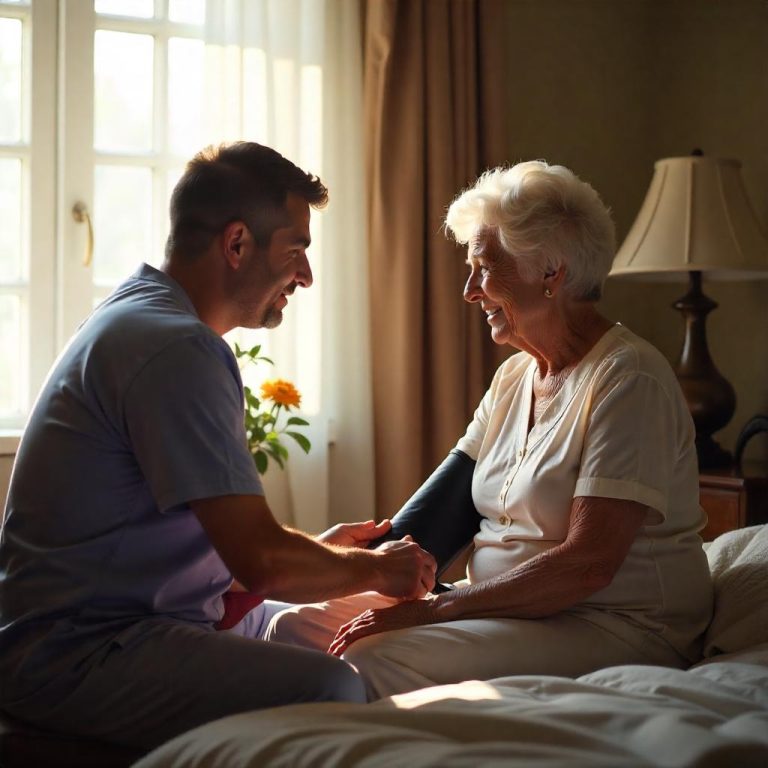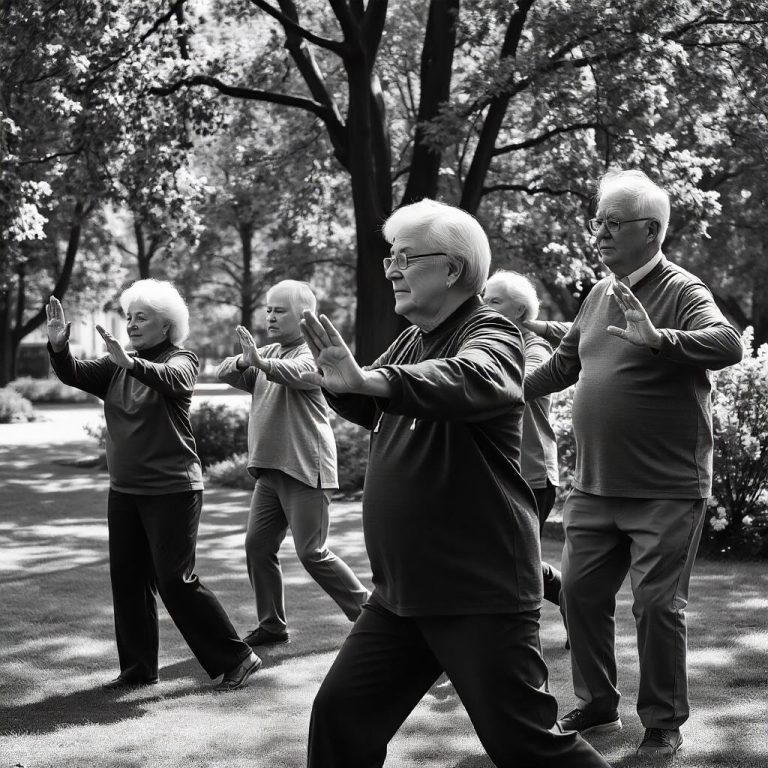Emergency elder care options are critical for ensuring the safety and well-being of seniors facing sudden health crises, accidents, or other urgent situations. As individuals age, the likelihood of experiencing health emergencies or life-threatening conditions increases, making quick access to appropriate care essential. In many cases, having a range of emergency elder care services available can significantly improve outcomes and reduce the stress on both the senior and their family members.
What Are Emergency Elder Care Options?
Emergency elder care options refer to the various services and interventions that are available to support seniors during times of health crises or unexpected situations. These services are designed to address urgent health issues, provide immediate medical care, and offer assistance with daily living activities that seniors may be unable to perform due to a sudden illness, injury, or worsening of a chronic condition.
Emergency elder care can include a variety of services, such as medical care, in-home assistance, hospital transportation, and more. The goal is to ensure that seniors receive the help they need quickly and effectively in order to stabilize their condition and prevent further complications.
Types of Emergency Elder Care Options
- Emergency Medical Services (EMS)
- If a senior experiences a medical emergency, calling for emergency medical services (EMS) is the first step in ensuring they receive immediate care. EMS responders are trained to handle a variety of medical emergencies, including heart attacks, strokes, falls, and other acute conditions. They are equipped with the necessary tools to stabilize the patient and transport them to the hospital if needed.
- In-Home Emergency Care
- For seniors who prefer to stay at home or are unable to be transported to a medical facility, in-home emergency care may be an option. This type of care involves trained caregivers or home health professionals who can respond to urgent situations in the home. This could include administering first aid, monitoring vital signs, helping with mobility, and coordinating care with medical professionals.
- Hospitalization and Urgent Care Centers
- In cases where immediate medical intervention is needed, hospitalization or a visit to an urgent care center may be necessary. Hospitals are equipped to handle severe medical conditions, including trauma, infections, surgeries, and other critical health issues. Urgent care centers can provide a more immediate, less intensive alternative for conditions that do not require emergency room treatment but still require prompt medical attention.
- Telemedicine and Virtual Care
- With the advancement of technology, telemedicine has become an essential option for seniors in need of immediate medical advice or consultation. Through virtual appointments, seniors can connect with healthcare professionals who can assess their symptoms, offer medical advice, and determine the best course of action. Telemedicine can be especially useful in rural areas or for seniors with mobility limitations who may have difficulty accessing in-person care.
- Emergency Home Care Assistance
- Emergency home care services can provide immediate help for seniors in situations where they are unable to care for themselves following a medical crisis. This may involve tasks such as assisting with mobility, administering medication, helping with personal hygiene, or providing companionship. Emergency home care can be short-term or long-term depending on the severity of the condition and the individual’s needs.
- Personal Emergency Response Systems (PERS)
- Personal Emergency Response Systems (PERS) are devices designed to provide seniors with immediate access to help in the event of an emergency. These systems often include wearable pendants or wristbands equipped with buttons that can be pressed to contact emergency services or family members. Many systems also offer fall detection and can automatically alert responders if the wearer falls and is unable to press the button themselves.
- Respite Care for Family Caregivers
- In emergency situations, family caregivers may find themselves overwhelmed and in need of immediate assistance. Respite care provides short-term relief for family members who need a break from caregiving duties. This allows caregivers to attend to urgent matters while ensuring that their loved one continues to receive the necessary care. Respite care can be provided in-home or at specialized facilities.
- Long-Term Care Facility Admission
- In some cases, if a senior’s emergency health issue requires ongoing medical care and monitoring, they may need to be temporarily or permanently admitted to a long-term care facility. These facilities, such as nursing homes or assisted living communities, offer 24/7 care from medical professionals and caregivers who can attend to a senior’s physical, medical, and emotional needs.
- Fall Prevention Programs
- Falls are a common cause of medical emergencies among seniors, often leading to serious injuries such as fractures or head trauma. Fall prevention programs can be part of an emergency care plan by addressing the immediate risk factors contributing to falls. These programs often include home modifications, physical therapy to improve balance and strength, and safety equipment installation to reduce the likelihood of falls in the future.
- Emergency Medical Alert Systems
- In addition to PERS, medical alert systems are designed to monitor seniors and detect emergencies before they escalate. These systems can include sensors for detecting changes in activity levels, heart rate monitoring, and alerts for unusual movements. Some systems can notify family members, caregivers, or healthcare providers if something goes wrong, allowing for quicker intervention.
When Are Emergency Elder Care Options Needed?
Emergency elder care options are necessary when a senior experiences a sudden health crisis or unexpected event. Some common situations that may require immediate assistance include:
- Medical emergencies like heart attacks, strokes, or breathing difficulties
- Falls that may result in injury or difficulty moving
- Sudden onset of illness such as fever, dehydration, or infection
- Mental health crises, including confusion, agitation, or psychosis
- Chronic condition exacerbations, such as diabetic emergencies or respiratory distress
- Unexpected changes in mobility or the ability to perform daily tasks
In these situations, having access to quick and reliable emergency elder care options is essential for ensuring the senior’s safety and well-being.
Benefits of Emergency Elder Care Options
- Quick Response Time
- One of the most significant benefits of emergency elder care services is the ability to respond quickly to urgent situations. Whether through EMS, in-home care, or telemedicine, having options that provide fast care can significantly improve outcomes and prevent further complications.
- Safety and Peace of Mind
- Knowing that emergency care is available gives both seniors and their families peace of mind. It ensures that, no matter the time or circumstance, help is accessible when needed most.
- Reduction of Hospitalizations
- In some cases, emergency elder care options can help manage health issues before they escalate into a situation that requires hospitalization. This can prevent unnecessary hospital stays, reduce the risk of infection, and allow seniors to remain in the comfort of their homes for as long as possible.
- Comprehensive Care
- Emergency elder care services often take a holistic approach, addressing not only immediate medical needs but also the emotional, psychological, and social needs of seniors during a crisis. This comprehensive care ensures that all aspects of a senior’s well-being are considered.
- Relief for Caregivers
- Emergency care options can also offer relief to family caregivers, allowing them to focus on other responsibilities or attend to their own health while their loved one receives the appropriate care.






